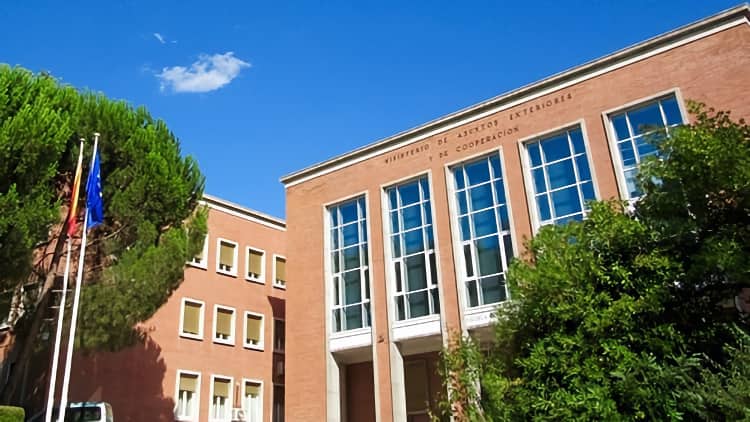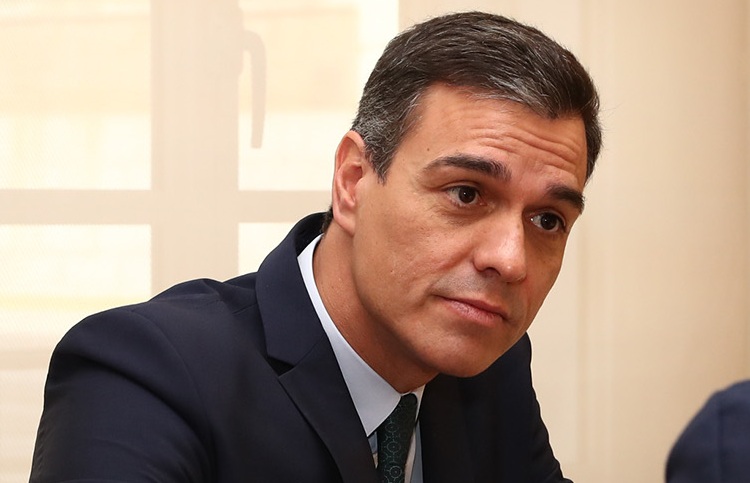Luis Ayllón
The Minister of Foreign Affairs, José Manuel Albares, wants to establish a system of scholarships to facilitate and “democratise” access to the Diplomatic Service, as The Diplomat has learned from authorised sources.
The idea appears in the report on Spanish foreign policy approved by the last PSOE Congress, held a month ago, and of which the minister himself is the author.
The text of the paper ‘Spain in Europe and in the World’ states that the PSOE is ‘very proud’ of the work of the Spanish diplomatic corps ‘which, it says, serves the Spanish people as a whole through the network of Spanish embassies and consulates around the world in an exemplary manner’. And he adds: “In order to democratise and facilitate access to the diplomatic career, we will create a system of scholarships that will ensure that lack of income will not be an impediment for any Spanish citizen to become a diplomat”.
The intention to ‘democratise’ access to the diplomatic service also has to do with the widespread belief that a significant number of those who manage to pass the competitive examination to apply for one of the posts offered are relatives of diplomats. Although this does not entirely correspond to reality, it is very common to see the repetition of familiar surnames and, furthermore, some of these people have the advantage, having lived in other countries with their relatives, of having a good command of one of the languages required in the competition.
In any case, preparing for the competitive examinations for the diplomatic service can be costly, especially for those who do not live in Madrid, where most of the preparers of the examinations are located, and who have to face the expenses of moving to and living in the Spanish capital, sometimes for up to three or four years.
The report approved by the Socialist Congress does not specify what these scholarships will consist of, and sources in the minister’s entourage consulted by The Diplomat were unable to specify the idea any further, given that there is already some aid available to facilitate access to the Diplomatic Service.
Thus, aid is granted to study for the Inter-University Master’s Degree in Diplomacy and International Relations, which has been taught at the Diplomatic School for some time now and in which students can study the syllabus required for the competitive examinations.
Specifically, on 13 October, grants of 750 euros per month were announced, to be enjoyed between 1 October 2021 and 30 June 2022, for a total of 13 students with limited financial resources.
In addition, the Diplomatic School’s website provides easy access to the syllabus for the competitive examinations, which in 2022 will allow 37 new diplomats to be elected.
In addition to these study grants, scholarships are awarded for paid internships for Spanish nationals who hold the Inter-University Master’s Degree in Diplomacy and International Relations taught at the Dçiplomatic School itself, or the Master’s Degree in Diplomacy and International Public Service taught at the CEI-Private Foundation Centre for International Studies. A total of 26 scholarships are available to carry out these internships at the MAUC’s Central Services, between 1 February and 31 October 2022, with a gross monthly salary of 800 euros.
The combined cost of these study grants and traineeship programmes amounts to €288,990.







